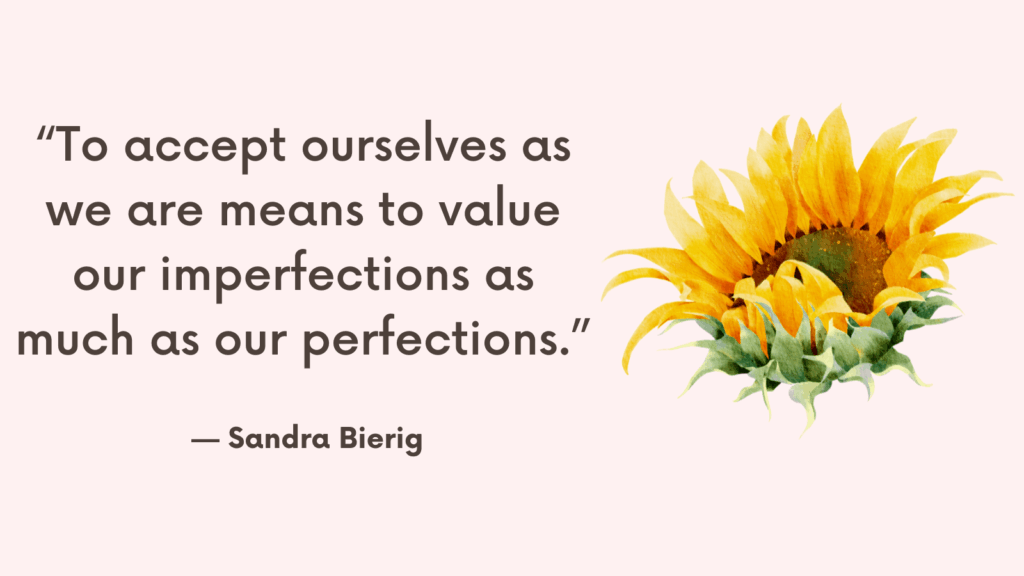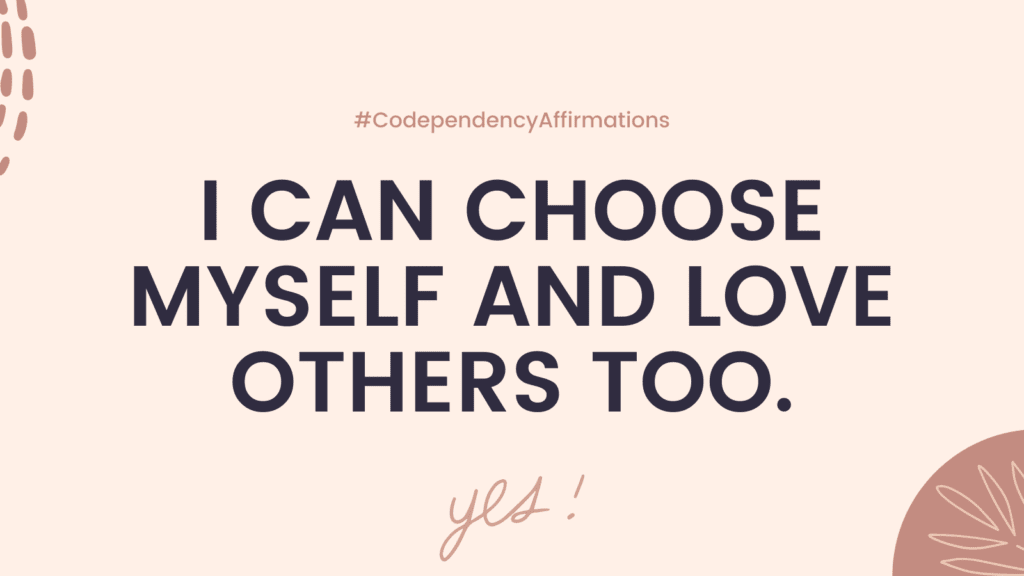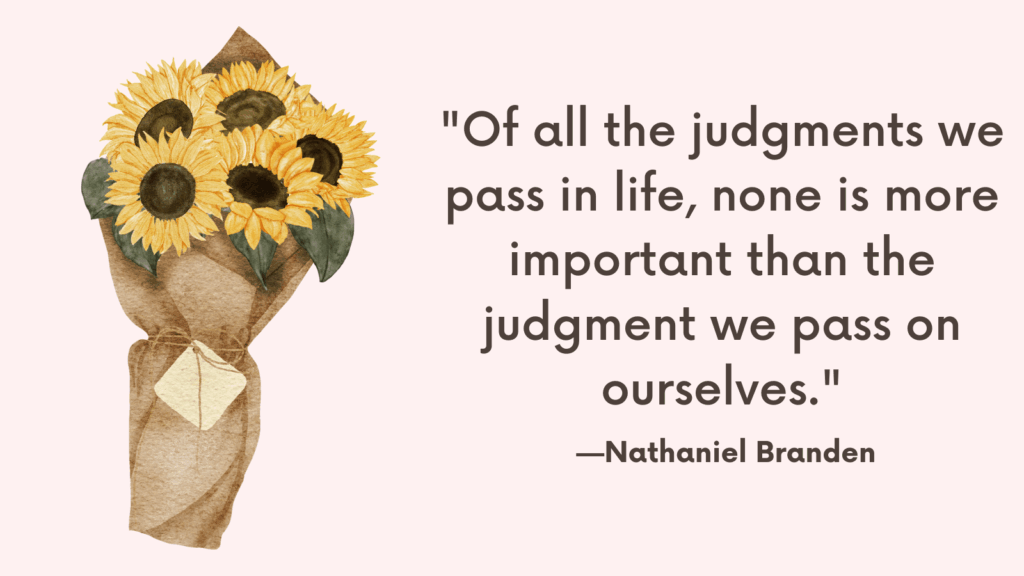In this post, you’ll find out if you are a narcissist enabler and how to avoid becoming the narcissist’s enabler.
Who Is The Narcissist?
Narcissists are people who have an inflated sense of their own importance, a deep need for attention and admiration, and a lack of empathy.
Although narcissists appear ultra confident, their grandiosity only serves as a mask to hide their fragile self-esteem.
People with narcissistic tendencies seem to get “stuck” at a level of emotional maturity of a toddler.
Related: Are You A Victim of Narcissistic Abuse Quiz
Who Is The Narcissist Enabler
The narcissist enabler is the one who justifies, covers, or indirectly supports the narcissist’s unhealthy behavior (e.g. aggression, abuse, alcohol or substance addiction, unlawful actions, self-harm, etc.).
Enabling behaviors can be common in codependent relationships.
Enabling behavior isn’t about intent. The narcissist enabler isn’t consciously supporting the other person’s harmful behavior.
they might genuinely believe that they are helping.
But this help is ultimately not helpful. It often makes things worse since the enabled person has less motivation to make changes as long as they never have to face the consequences of their actions.
Related: Caregiving vs Caretaking (The Savior Complex)
Are You A Narcissist Enabler?
The following are some common signs you may be a narcissist enabler:
- You feel like you’re living with two different people, one who is loving at times and one who is angry and critical at other times.
- You find yourself wishing the person you met was the person who is there with you all of the time.
- You feel responsible to make them happy or make things work by being perfect.
- You feel like no matter how hard you work to support them, nothing changes.
- You naturally think you must have done something wrong when someone else is upset.
- You often feel like you are in a “crazy-making” relationship.
- You feel you are becoming depressed and anxious and no longer the easygoing person you were before the relationship.
- You often feel taken advantage of and unappreciated.
If the statements above describe your life, you may be a narcissist enabler.
Related: Take The Echoist Quiz (The Opposite Of A Narcissist)
Why The Narcissist Needs An Enabler
The narcissist has more intense reaction to their feelings than normal individuals.
Because of this, the narcissist will try to push their negative feelings away by projecting them onto someone else – the narcissist enabler.
The narcissist desperately needs someone in their life to carry these upsetting feelings, someone to hate and criticize so that they don’t have to hate themselves.
The narcissist enabler is also the equivalent of a full-time, unpaid therapist for the narcissist.
Related: Codependency And Enmeshment: 9 Signs You May Be In An Enmeshed Relationship

How to Avoid Becoming The Narcissist’s Enabler?
#1. Connect With Yourself
Since your focus has been on the narcissist, you’re most likely out of touch yourself.
You may find yourself thinking more about your partner’s feelings, needs, and desires than you think about your own.
Moreover, lack of self-awareness is one major reason why one may remain in denial.
The first step to creating a healthy, positive life is to defocus from the narcissist’s dramas and focus on yourself.
You can do that by keeping a journal where you explore your own thoughts and feelings.
If you don’t know where to begin, the following journaling prompts can help:
- Top 21 Codependency Journal Prompts
- Top 19 Journal Prompts For Perfectionists
- Top 19 Journal Prompts For Boundaries
- Best 25 Journal Prompts For Self Love
- Best 18 Self Compassion Journal Prompts (+FREE Worksheets)
#2. Recognize Red Flags
A healthy relationship is one that fulfills the needs of both people and attends to the goals and desires of each.
A healthy relationship is a source of comfort and support.
An unhealthy relationship on the other hand is one that involves some of any other following red flags:
- They struggle with alcohol or substance abuse.
- They have anger management issues that make you feel threatened or unsafe, especially during conflict.
- They often scapegoat you (i.e., turn the blame on your for something they did or hold you responsible for the way they reacted to a situation).
- They often criticize you or put you down, even in a teasing way.
- They make their acceptance or attraction conditional (e.g., “I love you so much more when you…,” or, “If you lose a bit more weight, you’ll be more attractive to me.”).
- They display patterns of overactive jealousy, accusations, or paranoia.
- They display overly controlling behavior (e.g., trying to control your decisions, activities, beliefs, etc.).
Related: Relationship Red Flags Quiz
#3. Start Setting Healthy Boundaries
Boundaries define what we will and will not tolerate.
Boundaries protect you from being treated poorly, but they also help maintain a healthy relationship.
The fact is you and the narcissist are not one, nor are you alike.
Learning to set healthy boundaries requires a change in your beliefs as well as a set of skills that you will have to practice before they become second nature to you.
To start setting boundaries, you need to focus on your feelings, needs, and desires. In your journal, reflect on the following prompts:
- I feel
- I want
- I need
- I like
- I don’t like
Related: Top 25 Tips On How To Set Boundaries In A Toxic Relationship? (+FREE Worksheets PDF)

#4. Let Go of Responsibility For The Narcissist
To let go of the responsibility for the narcissist is to stop your focus and overinvolvement with the narcissist and to start taking responsibility for yourself, including your own wellbeing and self-care.
More practically, letting go means not changing who you are, what you think, and what you life because of the desires of the narcissist.
Letting go requires that you stop yourself from trying to please, appease or control the narcissist.
Related: Codependency Quiz (+FREE Codependency Worksheets PDF)
#5. Break Old Rules
As a narcissist enabler, you may have a set of rules that the narcissist has set for you to keep you totally focused on them.
Such rules may include:
- “I am only worthy of love if I give everything to someone else.”
- “I can’t ask for anything I want.”
- “I am responsible for—and have control over—what other people feel and do.”
- “Other people are responsible for—and have control over—the way I feel and behave.”
- “The needs and wants of other people are more important than my own.”
- “I am not lovable as I am; I can only become lovable through what I do and say.”
To reframe those beliefs answer the following questions:
- Is this thought necessarily true?
- What is the evidence for and against this thought?
- How might someone else think about this situation?
- What might I say to someone else who was in this same situation?
Related: Negative Core Beliefs List (& 8 Tips On How To Challenge Them)



